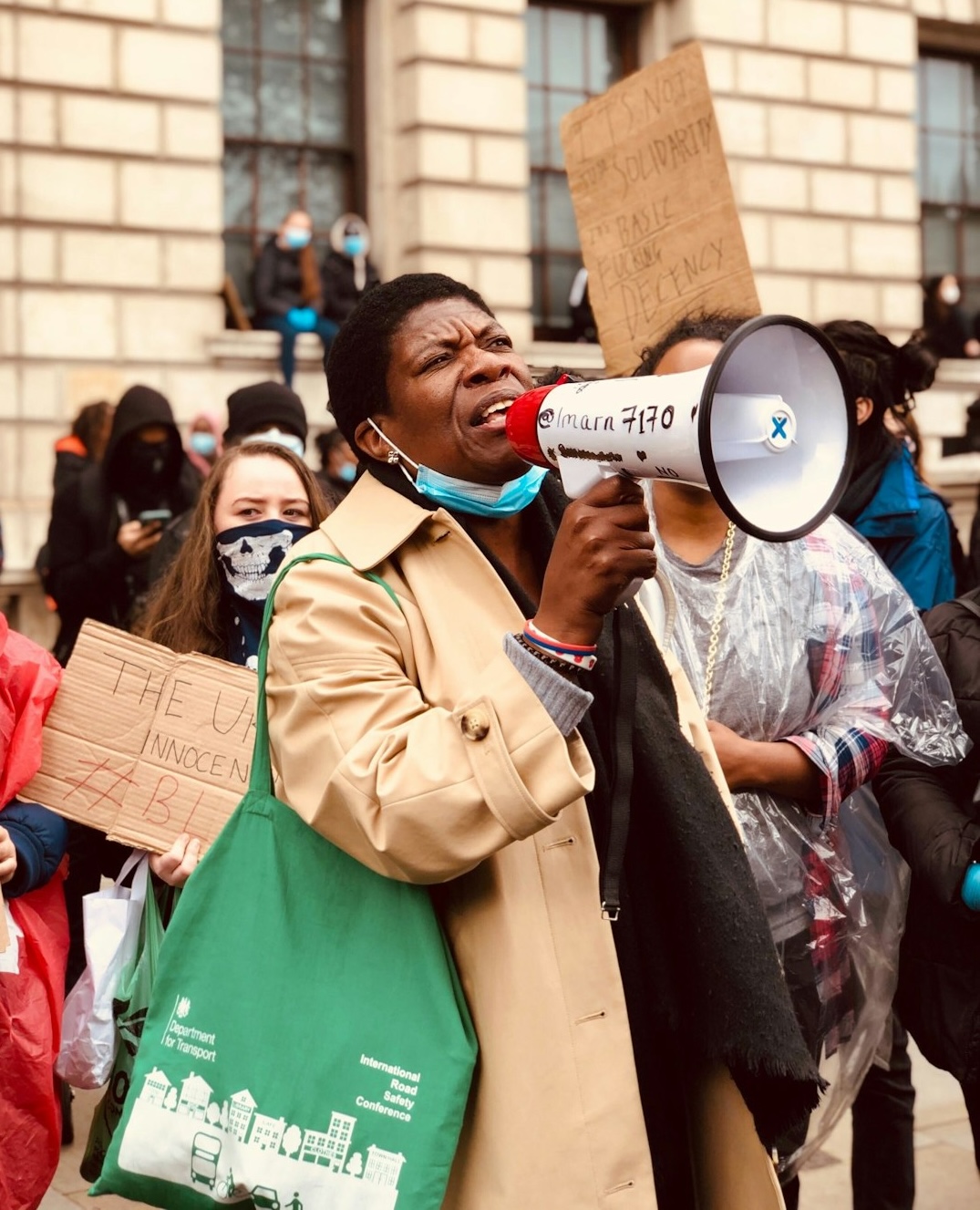Racial Discrimination Lawyer
Race Discrimination
California state and federal laws prohibit race discrimination and harassment in the workplace. But Black, Indigenous, and people of color (BIPOC) are disproportionately overlooked in hiring, promotions, and other advancement opportunities. Even in the San Francisco Bay Area, there are employers who discriminate against workers because of their race and skin color, wrongly believing they will not be held accountable for violating civil rights laws.
If you believe that you employer has discriminated against you because of your race, contact us for a free consultation. Our attorneys and legal professionals are here to assist.

What Is Race Discrimination?
Simply put, race discrimination is treating an applicant or employee unfavorably because he or she is of a certain race or because of personal characteristics associated with a race, like skin color or hair texture. Race discrimination takes many forms. But race discrimination cases are broken down into two theories: (1) Disparate treatment, meaning an applicant or employee was specifically targeted because of their race or color; and (2) disparate impact, meaning that an otherwise neutral employment policy or practice unfairly impacts a group of people. Both are illegal.
Disparate Treatment
Race discrimination cases based on a disparate treatment theory require three things. First, that you are a member of a protected group based on your race or skin color. Second, that your employer took an adverse employment action against you. The action must be of consequence. Adverse employment actions include termination, suspension, demotion, a pay decrease, or the removal of job responsibilities. It can also include things like an unwanted transfer to a less desirable job location or the refusal to promote an otherwise qualified candidate. Third, the adverse employment action must be based on your protected status (e.g. your race). In other words, the employer’s decision must be motivated by a discriminatory reason.
Disparate treatment includes race harassment. Harassment is workplace conduct that communicates a hostile, intimidating, offensive, oppressive, or abusive message to an employee because of his or her race or skin color. Harassment includes a wide range of conduct and can be verbal, physical, or visual in nature. Harassment can include, for example, racial slurs, offensive or derogatory remarks about a person’s race or color, or the display of racially-offensive symbols.
To be illegal, the conduct must be either severe or pervasive, meaning it occurs regularly. The law doesn’t prohibit teasing or offhand comments that are trivial or petty.
Disparate Impact
Discrimination can also result from an employment policy or practice that applies to everyone but has a negative impact on employees of a particular race or color and is not job related. For example, a grooming policy that limits acceptable hairstyles in the workplace may have a negative impact on the employment of Black or African-American employees (whose hair texture may differ from other employees).
However, disparate impact is under attack.

Employers Are Responsible for Ending Race Discrimination and Harassment at Work
Employers have an obligation to maintain a workplace that is free from discrimination and harassment. Affirmative steps, like implementing anti-discrimination policies and providing diversity training, should be taken to discourage discrimination at work.
Employers are responsible for the employment decisions of its managers and supervisors. If a manager or supervisor discriminates against an applicant or employee or engages in race harassment, the employer is liable for their actions. Likewise, an employer is legally responsible for the discriminatory effect of its policies and practices whether or not discrimination was intended. But an employer is only liable for a coworker’s or consumer’s harassing conduct if it knew or should have known of the harassment and did not stop it.
Once an employer becomes aware of race discrimination or harassment, it must take steps to remedy it. Knowingly permitting discrimination or harassment makes an employer more culpable and may expose the employer to punitive damage liability.
You Should Report Race Discrimination and Harassment to Your Employer
Reporting race discrimination and harassment to your employer is an important first step. If you choose to do so, determine whether your employer has any established procedures for making a complaint. Additionally, your employer may have a hotline available to you to lodge complaints anonymously. However you choose to complain, be clear. Tell your employer that you are being discriminated against or harassed because of your race or color. Provide your employer with all of the information, including witnesses and other evidence. When possible, provide written notice of discrimination to your employer.
There are other steps you can take to protect yourself:
- Document in detail all of the conduct that you consider to be discriminatory or harassing.
- Do not destroy any evidence of discrimination or harassment, like emails or text message.
- Document your complaints of discrimination or harassment and your employer’s response.
- Report any retaliation for having made a complaint of discrimination or harassment.
- If you are experience physical or emotional distress as a result of the discrimination or harassment, seek medical or mental health treatment from a professional.
Speaking up about race discrimination or harassment can be difficult. But it is illegal for employers to retaliate against employees for having made a good-faith complaint of discrimination or harassment.
Race discrimination hurts us all. If you observe discrimination or harassment in your workplace, speak up. You can be an ally for others by offering support or by reporting race discrimination or harassment to your employer.
Our Employment Lawyers Can Help
The California Civil Rights Law Group exists for one reason: to protect the civil rights of workers. If you have been discriminated against or harassed because of your race or color, our attorneys and legal professionals are here to listen. Our Bay Area attorney team is committed to vindicating employees’ civil rights and work aggressively to get our clients the justice they deserve. Our proven track record demonstrates our commitment.
Sample Race Harassment Verdict
- Greene v. Dillingham (2000) at $2,100,000
Sample Race Discrimination and Harassment Settlements
- 1 Plaintiff v. Construction Company (2014) at $1,250,000
- 2 Plaintiffs v. State of California (2018) at $375,000
- 2 Plaintiffs v. Staffing Companies (2020) at $650,000
- 2 Plaintiffs v. Construction Company (2020) at $1,000,000
From offices in San Francisco, Oakland, and Marin County, our attorneys protect the civil rights of workers in the San Francisco Bay Area and throughout California.
